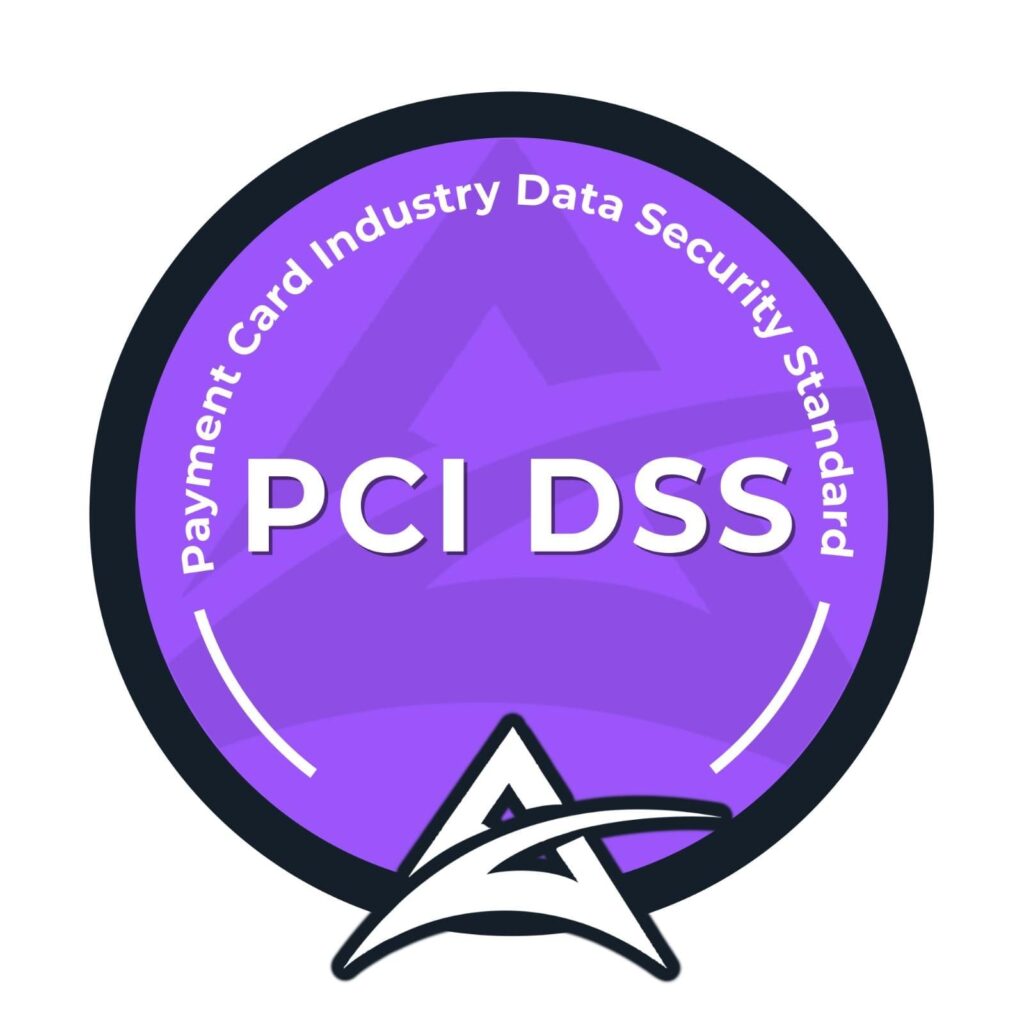
About Payment Card Industry Data Security Standard
PCI DSS Compliance, known as Payment Card Industry Data Security Standard, is essential for protecting card transactions.
Established by major credit card companies, it sets security standards against data theft and fraud.Though not legally binding, compliance is mandatory for businesses processing card transactions.
Compliance ensures a vital safeguard for sensitive data and fosters trust with customers.PCI DSS requirements help businesses establish robust security measures to safeguard payment card data and prevent unauthorized access or breaches.
Payment Card Industry Data Security Standard Principles


Focus of Payment Card Industry Data Security Standard
PCI DSS Compliance involves meeting requirements outlined by the Payment Card Industry Data Security Standard (PCI DSS), set by the Security Standards Council. Control objectives include:
- Building and maintaining a secure network and systems to protect cardholder data.
- Implementing strong access-control measures as per PCI DSS requirements.
- Regularly monitoring and testing networks for vulnerabilities.
- Maintaining a vulnerability management program to address security risks.
- Ensuring compliance with PCI DSS certification through adherence to an information security policy.
These measures aim to safeguard cardholder data and uphold PCI DSS standards.
Benefits of Payment Card Industry Data Security Standard

Improved reputation
Cost savings
Streamlined operations
Competitive advantage
Promote use of credit cards with a promise to secure card transactions

Frequently Asked Questions
PCI DSS certification, or Payment Card Industry Data Security Standard certification, is a validation process that ensures businesses meet security standards when handling credit card information. It’s mandated by major credit card companies to safeguard cardholder data and prevent fraud. Achieving PCI DSS compliance involves implementing specific security measures outlined by the PCI Security Standards Council.
PCI DSS certification offers several benefits to businesses, including enhanced security, reduced risk of data breaches, and increased customer trust. By implementing rigorous security measures, organizations can protect sensitive cardholder data, mitigate financial losses due to fraud, and avoid costly penalties for non-compliance. Additionally, PCI DSS compliance helps businesses build a reputation for trustworthiness and reliability among customers.
Non-compliance with PCI DSS can have serious repercussions for businesses, including financial penalties, reputational damage, and increased risk of data breaches. Organizations failing to meet PCI DSS requirements may face fines imposed by credit card companies, legal action from affected parties in the event of a data breach, and higher costs associated with fraud mitigation. Moreover, non-compliant businesses risk losing customer trust and loyalty, impacting their competitiveness and long-term viability in the market.
Compliance with the PCI DSS Standard is assessed through a combination of self-assessment questionnaires (SAQs) and on-site audits conducted by qualified security assessors (QSAs). Organizations subject to PCI DSS must complete the appropriate SAQ based on their payment processing environment and undergo periodic assessments to validate compliance. QSAs perform detailed examinations of an organization’s systems, processes, and controls to ensure alignment with PCI DSS requirements and identify any areas of non-compliance that require remediation.


